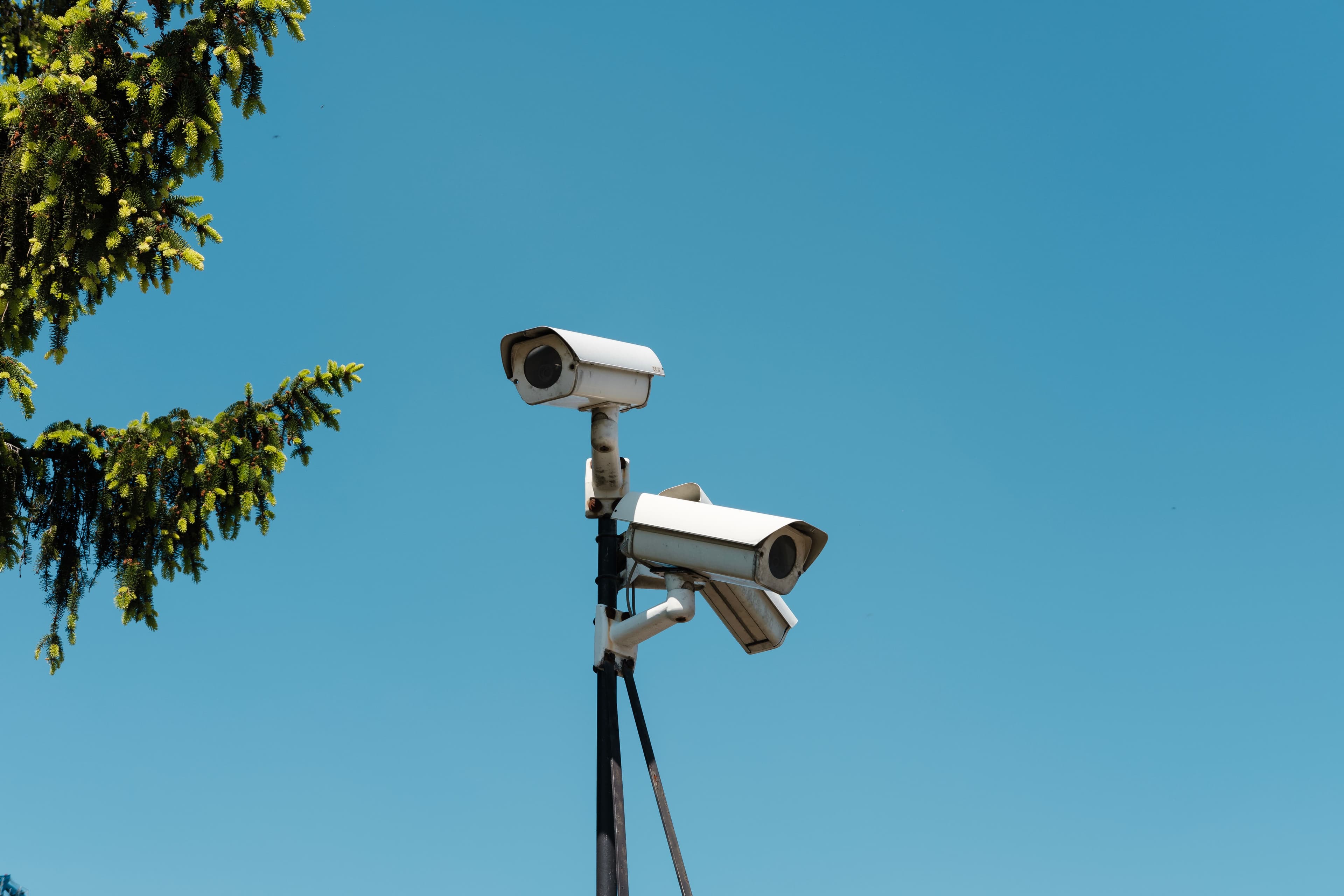
Surveillance vs. privacy in the crypto space
When the of topic crypto tax is discussed in social media, you often see a polarization between those who argue against centralization and surveillance, and those who welcome regulation in the crypto space. In Firi we understand both sides, and we’d like to explain our position in this discussion.
Openness, honesty and compliance
In order to offer trading and custody services of virtual currencies, Firi is registered with the Financial Supervisory Authority of Norway. As such we have to follow the Anti-Money Laundering Act, which amongst other things require strict routines for preventing and detecting potential money laundering. Firi has a dedicated team that works full-time with anti-money laundering (AML), their R&D innovation supported by the government program Skattefunn. The team’s AI-developers continuously develop and improve our market-leading AML tools, which in turn are used by the team in hands-on forensic investigation to trace potentially illegal transactions. Plain and simple: we’re very good at this!
To become a Firi customer you have to go through a KYC process, “know your customer”, just like with banks and other financial institutions. Here we follow the general guidelines, but we also do our own risk assessment of all potential customers. In other words, we know our customers quite well.
As you see, we’re quite confident of ourselves here, but the fact is that transparency, honesty and compliance is central to Firi, and it's something we're proud of. Two of Firi's values are "Always honest" and "Adaptable, but compliant", which we try to live up to in all of the services we offer. At the same time we want to offer intuitive and user-friendly solutions to Nordic crypto investors, and as a part of this we offer free tax calculation to all of our customers. We do our part by offering the tools, but in the end it's up to the users to properly report their crypto taxes in their tax return.
Restrictions in current regulations regarding tax
Other financial institutions report their customers' holdings directly and automatically to the Norwegian tax authorities, Skatteetaten. Because of limitations in the existing tax regulations we are not allowed to do the same for our customers' crypto holdings, but the authorities are working on changing the regulations to enable this. As soon as regulations allow for automatic reporting of crypto holdings, Firi wants to implement this. That way, all you as a taxpayer have to do is verify that the values in your tax return are correct.
A premise for correct tax calculation is knowing the purchase price of all coins, meaning how much you paid for the cryptocurrency that you own. For crypto purchased at Firi we have all the necessary data for tax calculation, but for crypto that you buy on other exchanges and send to Firi we lack a transaction log. In addition we want to offer tax calculation for our customers' crypto holdings on other exchanges or wallets, in other words complete solution for crypto tax.
Privacy and freedom
This is where advocates of decentralization and increased privacy typically raise their hand and say "wait a minute", and we can fully understand that. One of the main principles behind cryptocurrency and blockchain technology is "self custody", meaning you become your own bank, without any central authority deciding what you can and cannot do with your personal property. Another principle is that trades you make on the blockchain in theory are pseudo-anonymous and "invisible" with regards to government insight. Global actors like Facebook, Google and Twitter have access to so much of our personal information through our social media activity. With this in mind, it's easy to imagine a future scenario where a government unlawfully gains access to their citizens' private data, and in turn uses this against their own citizens. Blockchain technology could be a solution to this, where you alone own the keys to your personal information, and you control who has access to that information by granting access with only those you trust.
Stricter regulation of the crypto space goes against this idea of personal freedom. But, sensible regulation can also help bring cryptocurrency into our everyday lives, rather than being a fringe technology used by criminals, as it's often portrayed by the media. Yes, it is possible to use cryptocurrency as a means of payment in a few places, but for the most part crypto today should be seen as a speculative asset. Current tax regulations where "everything" is treated as realization and a taxable event effectively prevents cryptocurrencies from being used for everyday things like paying for your coffee or your groceries, or sending money to a friend through Vipps. Current tax regulations also discourage people from investing and trading in cryptocurrencies, but adopting tax regulations similar to share savings account (aksjesparekonto, ASK) could turn that around.
Cryptocurrencies are here to stay, and we hope that the laws and regulations that today hinder usage of crypto soon will be adapted to better suit the future financial landscape. As Benjamin Franklin wrote nearly 150 years ago: "Nothing is certain except death and taxes" - this probably goes for cryptocurrencies too...
New in the crypto space? Check out our crypto guides!
Photo by Michał Jakubowski / Unsplash
